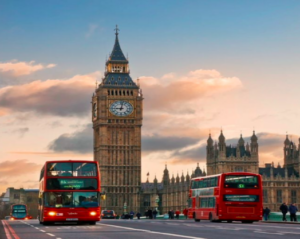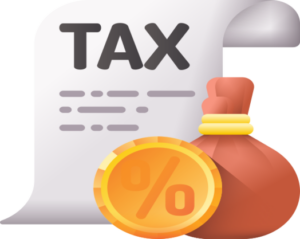- Casino News
- Industry News
UK’s Gambling Tax Regime Forces Operators to Rethink Priorities


UK's Gambling Tax Regime Forces Operators to Rethink Priorities


The UK gambling landscape is shifting once again, this time due to a substantial reconfiguration of the tax structure affecting online operators. Chancellor Rachel Reeves' recent Autumn Budget confirmed increases that had been circulating as speculation for months. Still, the scale and timeline of the changes have prompted operators to reassess their strategies with unusual urgency. The most impactful adjustment is the increase in the online casino tax rate, which will rise from 21 per cent to 40 per cent in April 2026. A year later, taxes on online sports betting will increase from 15 per cent to 25 per cent, reshaping the financial expectations for digital operations across the sector.
These measures arrive at a moment when operators are already working within a regulatory environment shaped by ongoing reforms to affordability checks, marketing rules, and responsible gambling obligations. The new tax regime now adds another layer to that environment, prompting companies to explore cost reductions, structural changes, or new ways to position their digital operations. Retail betting shops, however, remain outside the line of fire: the tax on both over-the-counter sports bets and machine play will remain unchanged. Bingo operators also receive a notable shift with the complete removal of the 10 per cent duty on bingo revenue, and horse racing wagers will not face any new tax obligations.


Among individual companies, Evoke has found itself at the centre of investor attention. The group's share price dropped sharply following the news, reflecting concerns about its reliance on online revenues. The company's leadership has already outlined mitigation plans that aim to reduce the impact by half over the medium term. These include cuts to marketing, renegotiations with suppliers, and a restructuring of its operating costs. The group had previously announced plans to withdraw the William Hill brand from several international markets, and the new tax arrangement has accelerated discussions about further retail reductions. Chief executive Per Widerström has warned that the necessary adjustments in the UK may involve significant job cuts across its operations, consistent with earlier forecasts that as many as 200 betting shops could close.
Flutter, which operates Paddy Power and several other brands, has presented a similar approach. Kevin Harrington, who oversees its UK and Irish business, has stated that the company initially expects to offset roughly a fifth of the impact through cost reforms, eventually rising to around 40 per cent. Its forecasted EBITDA adjustments amount to $235m in 2026 and $339m in 2027. Harrington highlighted the company's size and existing operational structure as factors that position it to withstand these changes, though not without adjustments to marketing and promotional budgets.


Suppliers are also adjusting. Playtech has reported that the updated tax framework will reduce its 2026 adjusted EBITDA by an amount in the upper tens of millions of euros before mitigation. However, the company's wide international footprint offers balance, and Playtech has expressed confidence in meeting current expectations for 2026.
Top Online Casinos On Our Land
10 Recommended Online Brands On CasinoLandia That Will Enhance Your Gaming Experience
No results were found!








